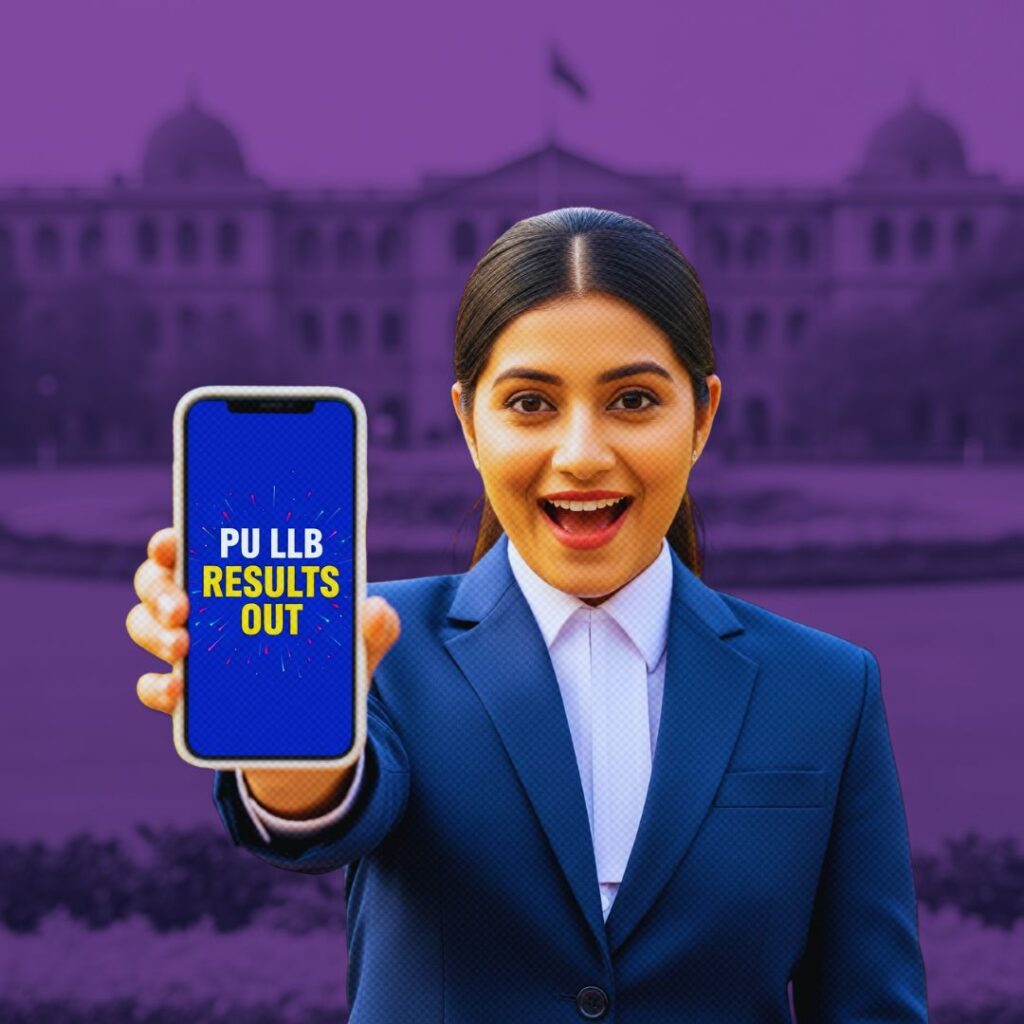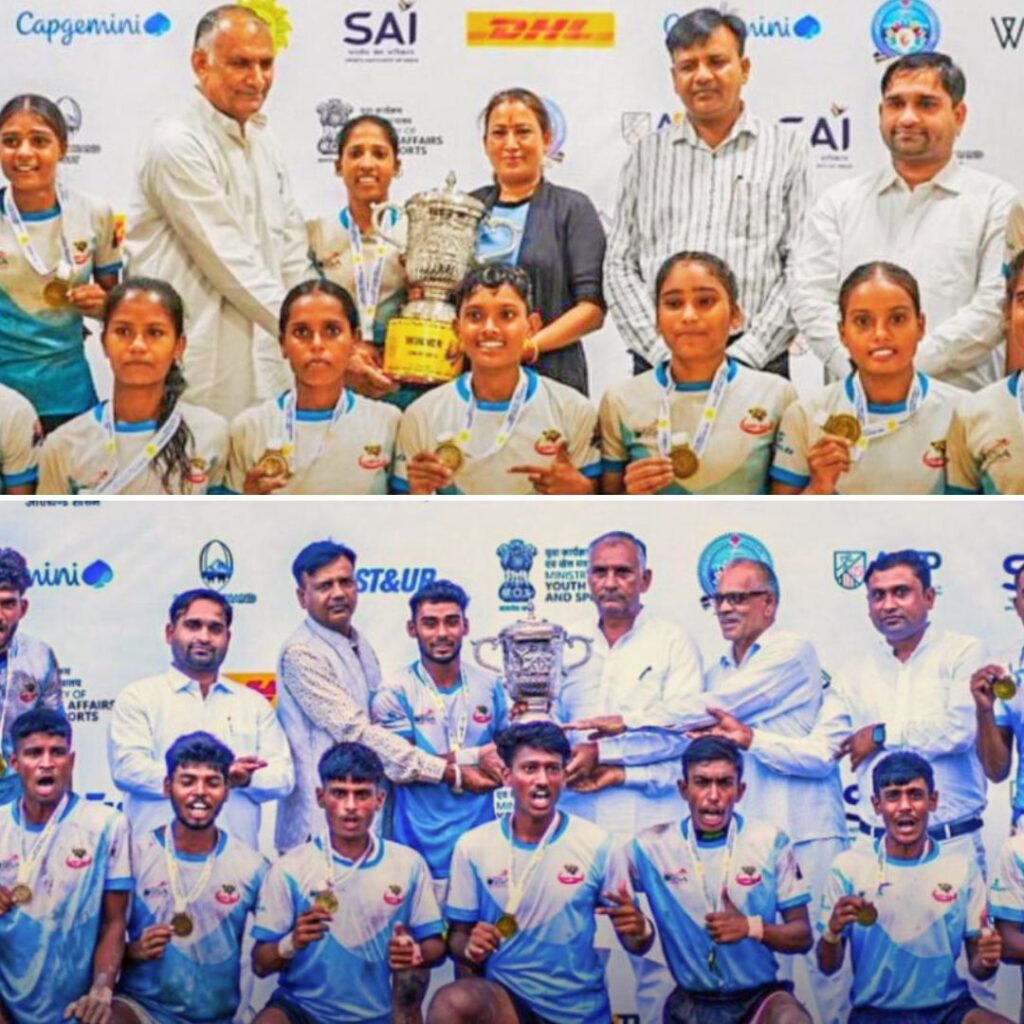In the last couple of days, we all have come across a news that read, a five year-old girl was allegedly raped by her therapist during her speech and language sessions. We hear about abuses happening in close-door therapy rooms but how many of us have ever spoken against it and raised our voices?
Seema Lal, a Kochi-based special educator, psychologist and researcher decided to act against these malpractices in therapy centres. It all began in March 2015, when a six year-old boy non-verbal Autistic returned with a broken arm after his therapy sessions. He was rushed to the hospital and the doctor said something drastic must have occurred that has led to to such severe damage. There was no scope of transparency to understand how the kid broke his hand. After this incident several complaints from parents whose children have gone through the same ordeal came to light.
Seema together with other parents formed the informal group called TogetherWeCan. With the help of Human Rights Law Network they filed a petition to the Kerala State Commission for Protection of Child Rights in April 2015. They moved ahead to the District Collector and Child Welfare Authorities where they were heard and understood, however no action was taken as such cases were not under their purview.
Questioning malpractices
One major question which TogetherWeCan raised in this context is, why aren’t parents allowed inside the therapy room or why there are no CCTVs and one-way screens installed to monitor the sessions of the child? Another question is why there is no accountability and transparency of practices that go in these sessions? Parents could not verify qualifications of these therapists and since most of the children are having speech and language disabilities, they can hardly retaliate. Allowing parents to be a part of the sessions so that these children could be mentored even at home is one of the major areas of intervention that TogetherWeCan was aiming at.
The Kerala State Commission for Protection of Child Rights, (KeSCPCR) took notice of it, and after one and half year of study into the petition they passed recommendations in favour of TogetherWeCan. Yet no action was taken. Later in May 2017 a PIL (Public Interest Litigation) was filed. The recommendations of the KeSCPCR said there should be committees at every district in Kerala which should be headed by the DMO (District Medical Officer). It also said the committee should include parents and it will monitor the functioning of therapy centres. The recommendations also spoke about bringing about best therapy practices and a clear child safety policy. As of now there are no regulatory bodies in the country, which can effectively monitor the functioning of these therapy centres.
Seema Lal delivering a talk on the occasion of Autism Pride Day at Ernakulam Together We Can
Together We Can was started two years back as an online campaign with support from several parents who complained against malpractices in the therapy centers for children with autism spectrum disorder and other neurological disabilities. The other active parent partners are Padma Pillai an Entrepreneur and MBA and a mother of a 12 year of boy with Autism; Preetha Anoop Menon, Lawyer and parent of an 8 year old boy with Autism; Anita Pradeep, Child Rights Activist, Baker and homemaker and parent of a 23 year old with Autism.
The campaign allowed parents to open up and speak about the ordeals that they have faced. They hardly raise their voice against malpractices going on during the sessions since they have to deal with the trauma of diagnosis of a child who has such disabilities. Most of the centres mostly treat children with neurological disabilities following a very medical model. However TogetherWeCan advocates for a more holistic parent-centred approach to management of these disabilities which need need understanding and acceptance. Parents at many occasions have been misled by professionals through fraudulent claims of cure. Many home programs use professional jargon like a medical prescription which would hardly be understood by parents.
Parents are not involved in the sessions as these therapists propagate that only ‘professional’ help would be best for the child. What TogetherWeCan tried to bring about a difference in, is the approach of these therapists towards the parents. “Skill transfer and counselling the parents is of utmost importance as these children need to be trained at home as well. A couple hours in a clinical setting is not enough. Parents need to be empowered. But this is one bone of contention we had to pick with the owners of the centres”. They never wanted parents to be empowered,” Seema said when The Logical Indian spoke to her. During the one of the TV campaigns on Mathrubhumi TV, Health and Social Justice Minister, KK Shailaja Teacher spoke in favour of parents being a part of the therapy. TogetherWeCan gradually gained more support, several parents put…











